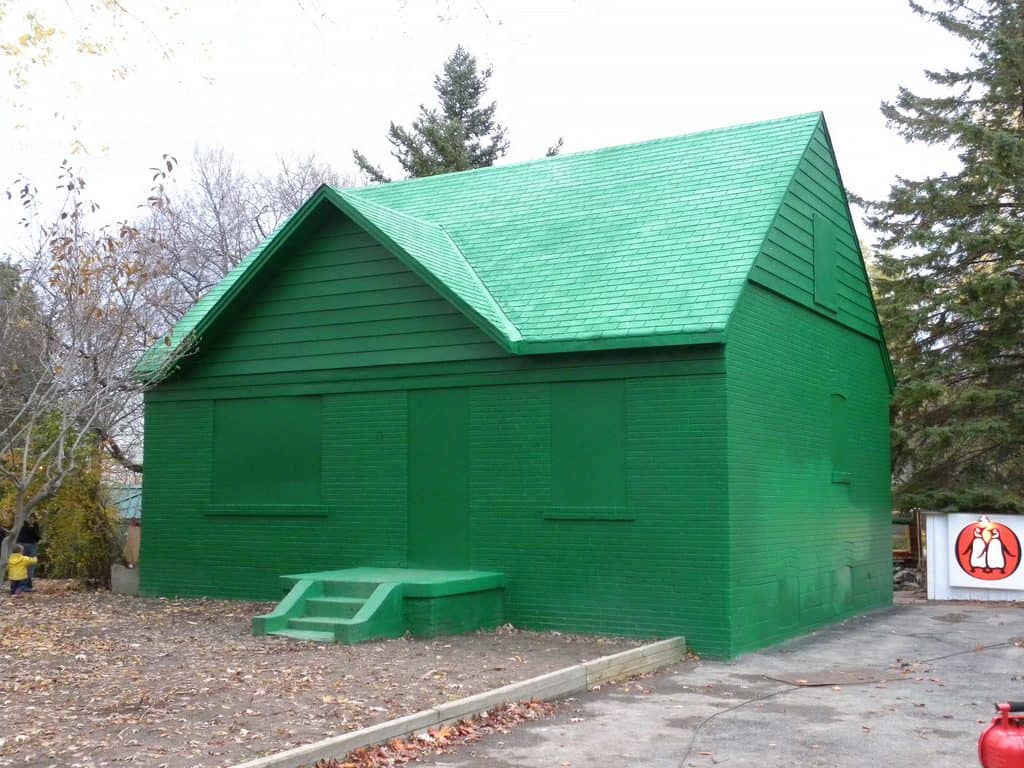I recently refinanced my loan from 4.25% to 2.875% and lowered my loan time from 29 years to 15 years. While my monthly payment went up a bit, I am saving thousands of dollars in interest over the life of the loan. With such a low interest rate, it makes me wonder if I should try to pay off the loan early or invest my extra funds?
Cost of Debt
Over the lifetime of the loan, assuming no more early payments, I would owe $23,225 in interest. That is a lot of money.
Just think of what you can do with $23,225? Buy a car. Take a trip around the world. Invest and save for your future. It is so much money that there are even articles about what to do with $25,000.
 Potential Investment Gains
Potential Investment Gains
On the other hand, 2.875% is a pretty low rate. At that rate, it may be possible to earn more, offsetting the cost, by investing in the stock market.
If you can earn 3% on what would have been an extra payment, you come out ahead. If you can beat that, you are making even more.
The S&P 500 has a compound annual growth rate of 9.94% since 1970, so it would seem that it could be easy to buy a low fee index fund and make more than 2.875%.
Investment Risk
If it were that easy, everyone would be making on average 10% each year with their investments. However, there are investment risks.
Over the period that the S&P 500 had a CAGR of nearly 10%, 9 years had a decline. With the volatility we’ve seen over the last several years, it is impossible to say what is going to happen next. (If you do know, please tell me.)
Reasons to Pay It Off
Seeing as we never know what the market is going to do next, we don’t know if we can certainly beat 2.875%. In fact, we could end up losing money if we invest over the same time horizon.
However, we do know that no matter what happens with my investments, I will owe the bank $23,225 in interest. Because I’m not sure if I can beat $23,225 by investing, paying off the loan makes more sense to me.
In addition, until the loan is paid off, I will always owe the bank the remaining principle on my loan. Right now, that is about $97,000. I would sleep much better at night owning my condo outright and not having to worry about paying off any loans.
There is Always a However
However, I am currently looking at saving up for a second condo. If I do that, I can rent out the current one for a profit and live in the second one. My best estimate is that I could make about $500 per month, if not more, in monthly profit by renting it out.
So here’s my plan: Split the difference.
I plan to pay extra into the loan each month and save extra each month. If I can pay $200 extra per month into the loan, I will save about $6,000 in interest and cut nearly 4 years off the loan. If I figure out how to put more, even better.
That will allow me to save to invest in the future while saving myself money on my current loan. I call that a win-win.
Image by JasonParis / flickr



As a finance guy, you know that 2.875% is CHEAP money. Even WITHOUT factoring in investment returns, etc. – would you rather payoff your mortgage with today’s dollars or dollars from 15 years in the future when you know (with 99% certainty) that the value of a dollar will be less? Therefore, your loan will ultimately cost you less than 2.875% once you account for inflation.
Every credible financial planner / PF guru (excluding bloggers) will advise you NOT to pay it off. But, it’s ultimately whatever helps you sleep at night…
True, I know it is super cheap money. I remember getting 5% plus in my ING Savings account just a few years ago. If only I could still get that today… To beat 3%, I still have to go to more risky investments to beat it today.
True, I know it is super cheap money. I remember getting 5% plus in my ING Savings account just a few years ago. If only I could still get that today… To beat 3%, I still have to go to more risky investments to beat it today.
I just glossed over that line, but you are totally right. In the long run it seems like hanging on to the debt is the best option.
Below 3% is SO close to inflation. If your job is stable and you are under 45, I’d invest the money elsewhere. I’m a “no personal debt” person, but in this scenario, I don’t think it’s worth it.
I do have a stable job and I am young, so I’m not too worried about being able to make the payments. My debate is simply cash flow today vs. long term investments.
I would keep the debt as long as possible. 🙂
It is the only debt I have, so it is tempting to pay it off. But I see all the arguments to keep it.
Eric, Changing to a 15 year loan and getting the interest rate you have is a great situation to be in. As long as you time it so your house is paid off by the time you decide to retire I would leave it alone providing your total % spent on housing to include property taxes, homeowners insurance, and utilities is not over 35% of your net income. Before you even think about paying extra on the mortgage I would pay off all consumer debt, have an emergency fund of 3-6 months of living expenses and set up a savings account for the “You know about it” expenses. These are the yearly expenses not figured in your monthly budget like Christmas, Vacations, Car repairs, house repairs, furniture, etc. I would also make sure you have at least 10% auto deducted from your paycheck going into a retirement account. Maxing out your Roth IRA is also a must in my opinion. Real estate should be a part of your retirement. Having a few paid for rentals down the line would give you a great stream of income that will continue to rise. When we were just starting out in 1973 we paid $165 for a nice one-bedroom apartment. Today that same one-bedroom apartment in California is 10 times that amount. Just my two cents. Jeff
I hope to retire early, but I imagine I have more than 15 years until then. My long term plan with this home is to keep it and rent it when I move out. I can cover the costs with monthly rent from a renter.
The long term idea is to create cash flow for a handful of investment properties to add more to my savings while working and create another income stream for retirement.
Forget splitting the difference unless the loan is causing you some kind of mental, emotional, or relationship stress.
Here’s the math. At a sub 3% interest rate, you’re better off dragging out that loan as long as you can. Buy a solid dividend paying stock with a 3% or greater yield, and you’re ahead of the game already just from the dividends. Then throw in long term capital gains (assuming buy and hold for a long time) and you’re making out like a bandit.
Unless you think that the outstanding loan will prevent you from getting a new loan at a low rate, put all the money into your real estate down payment and buy the second condo faster.
And depending on the day 2.875% might actually be less than inflation, which averages around 3%.
You’re great with numbers. Doing the math assuming a 5-8% gain just investing the extra cash in an S&P 500 fund makes a good argument for paying the minimum.
Splitting the difference seems like a safe plan. I always do the same math and thing, well technically we should all take home equity loans and invest them in the stock market… but it doesn’t always work like that.
It is something I am sure I will always struggle with. The numbers say one thing, but my gut says another. But I always try to be smarter than my emotions to make the best decision.